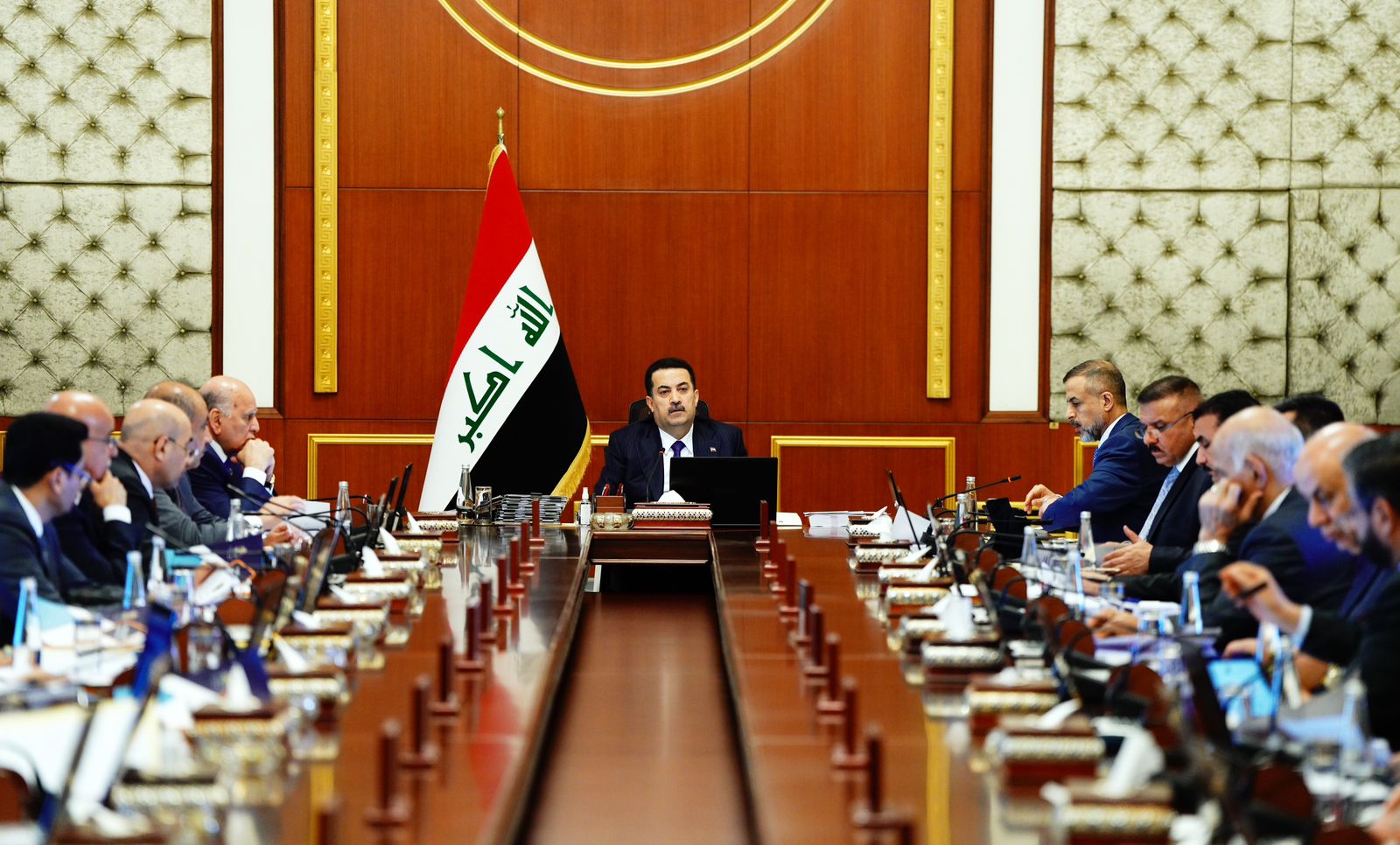Disclosure of the Iraqi government’s plan to fill a budget deficit exceeding 64 trillion dinars
Disclosure of the Iraqi government’s plan to fill a budget deficit exceeding 64 trillion dinars
2023-06-24 02:23
 Shafaq News/ Member of the Parliamentary Finance Committee, Nermin Maarouf, reviewed today, Saturday, details of the tripartite financial budget for Iraq, which was recently approved by the Iraqi Parliament.
Shafaq News/ Member of the Parliamentary Finance Committee, Nermin Maarouf, reviewed today, Saturday, details of the tripartite financial budget for Iraq, which was recently approved by the Iraqi Parliament.
Maarouf said in a symposium devoted to discussing the issue of the budget held in the city of Sulaymaniyah, that Iraq exports 3 million and 500 thousand barrels of oil per day, and the Kurdistan Region must participate in exporting 400 thousand barrels of oil per day, meaning that the region participates with 11 percent of the oil financial revenues. for Iraq.
And she indicated that the price of one barrel had been estimated at 70 dollars, adding that Kurdistan’s oil would not be sold for less than the mentioned price, but rather at the same price, according to what was stipulated in the budget law.
She touched on the issue of the exchange rate of the dinar against the dollar, and Maarouf explained that the exchange rate of the dinar against the dollar is another important issue, as the price of one dollar was calculated at 1300 dinars in the budget, and any barrel of oil sold for 70 dollars is deposited in the account of the Ministry of Finance, which will transfer it to the Central Bank of Iraq. It will be spent at 1,300 dinars per dollar, and this will give stability to some extent to the exchange rate of the dinar against the dollar.
The member of the Finance Committee also indicated that Iraq’s revenues depend 83 percent on crude oil exports in the 2023 budget, and depend on 13 percent of non-oil revenues, including the Kurdistan Region, and that this issue is somewhat dangerous because the lion’s share of the budget It is linked to crude oil exports, and if the price of a barrel falls in global markets, it will inevitably affect the implementation of the budget, adding, “The oil price is expected to continue at around $70 per barrel, so there are no risks to the budget for the current year.”
With regard to non-oil revenues, the Kurdistan Region shares 4 trillion dinars, or 26 percent, according to Maarouf.
With regard to government expenditures, a member of the Finance Committee said that it is similar to previous years because Iraq’s economy is rentier, most of its population receive monthly salaries from the government, including the Kurdistan Region, so the expenditures are large and represent 75 percent of the budget, and only 25 percent goes to the investment budget.
She went on to say that the total oil and non-oil financial revenues in the budget amount to 134 trillion dinars, but the actual budget is 199 trillion dinars and there is a large deficit in it amounting to 64 trillion, which is considered by specialists in the field of economists as a great threat to the budget and to the future of Iraq, and the government must borrow to bridge This budget deficit.
Maarouf added that the federal government intends to fill this deficit, which amounts to approximately 64 trillion, through the existing surplus of financial revenues from last year achieved from the sale of oil, which amounts to 23 trillion, and the rest is covered by selling treasury bonds to the Central Bank of Iraq and borrowing from the Rafidain and Rashid banks. In addition to external borrowing, which amounts to 10 trillion dinars.
shafaq.com
